
From an interview Robert Birnbaum conducted with Jim Harrison ...
RB: One striking thing about True North is that it is uncommon to make a dog a character in a novel.
JH: Who, Carla? Well, they are so specifically characters in our lives. Why not?
RB: Right, why not? So why don’t more writers include animal companions as characters?
JH: I used to get criticized for putting food in novels. These are people ignorant of the novel tradition. It was always in French and English fiction. But a lot of us are still puritanical, still sort of ashamed they have to fill up every day. It’s like food isn’t serious. And a faculty meeting is? [Both laugh] What gays used to say, “Puhlease!”
RB: Given how many people love and keep dogs it would seem natural that more dogs would appear in fiction as part of the lives and families of the characters.
JH: That didn’t occur to me but when I was doing it, it seemed natural. I grew up in a very odd way because my father was an agronomist and he needed to think—and I grew up thinking that everybody had—that animals were our fellow creatures. I don’t consider myself more important than a crow. I never have. How could I possibly be? Or a dog. We are all in this together. So I am not a victim of the French Enlightenment.
RB: [laughs heartily]
JH: There are some advantages to a peasant background.
RB: So in an odd way, this is not an enlightened view?
JH: So they would say, intellectually. I remember when I was 19 and reading Gogol or Isaac Singer because that meant a great deal to me—because even though they are foreign stories, they were more the kind of thing I grew up around. Emotionally vigorous family. Talking out loud.
RB: Chaotic.
JH: Chaotic and moody. So it was odd—it was more familiar to me.
RB: I find it odd but understandable that so many people treat their animal companions as children, as almost humans.
JH: Yeah, that’s true. That happens. People, there’s no end to the craziness of people, so I’m not upset by that when I see it.
RB: I’m bothered that they are not seeing, in this case, dogs on their own terms.
JH: Well, quite often that’s true. They expect a dog to be something for them that a dog can’t be. Whether it’s a surrogate child or what?
RB: I like Ed Hoagland’s observation that instead of expecting dogs to be more human, we ought to try to be more like dogs.
JH: That’s wonderful. That old Cheyenne thing, Lakota too, called Heyoka, a spiritual renewal. Following your dog around all day and behaving totally like the dog. If the dog lays down, you lay down. That lovely calming sense—my Lab always understood, my other dogs haven’t to the extent that my Lab did, when I was depressed she would try to get me off my cot in my cabin and get me to go do something. “Just do something. Just don’t lay there, you schmeil.” [laughs] “Schmuck.”
Read the rest at The Morning News.
For Molson. I miss you, buddy.

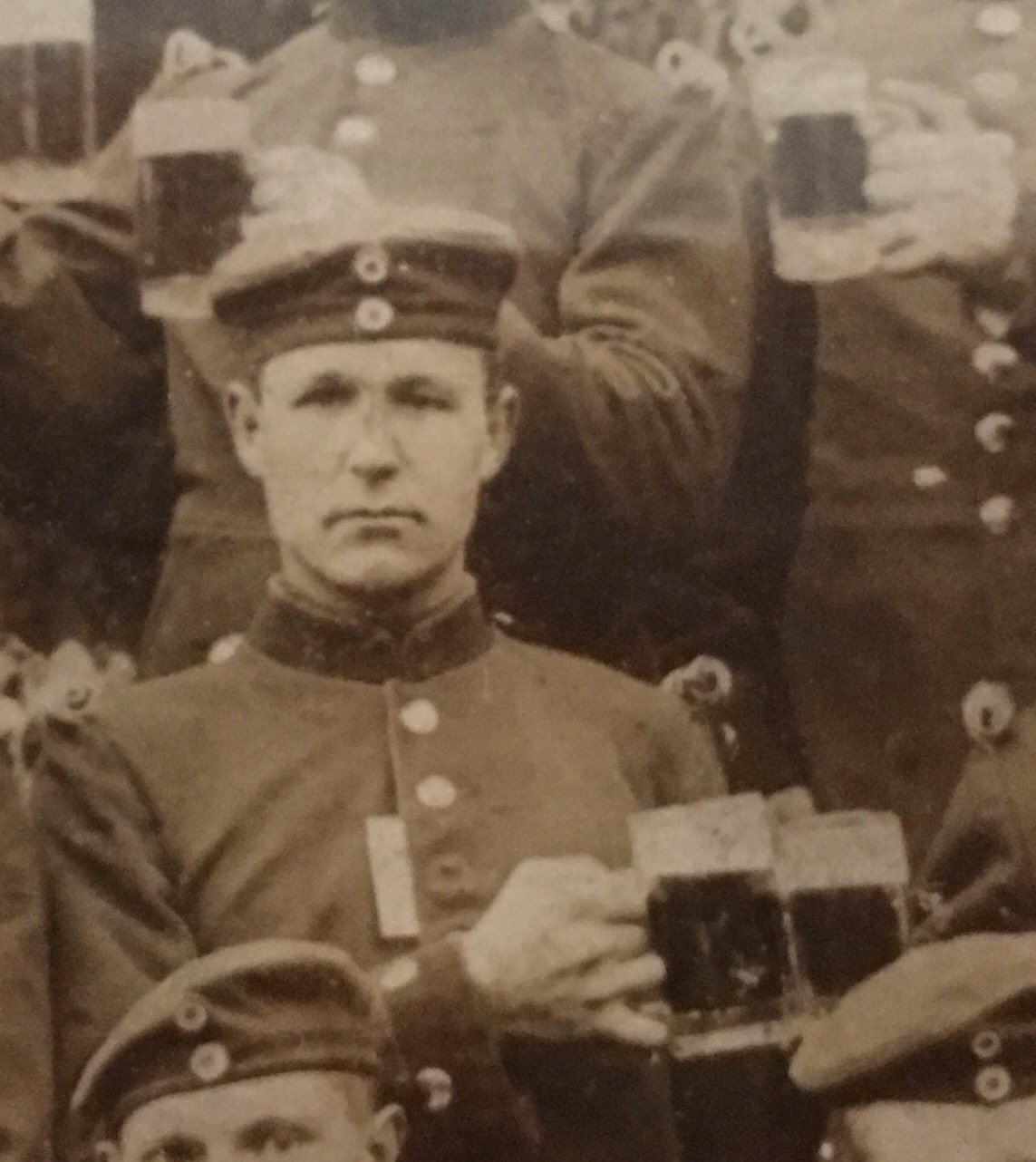

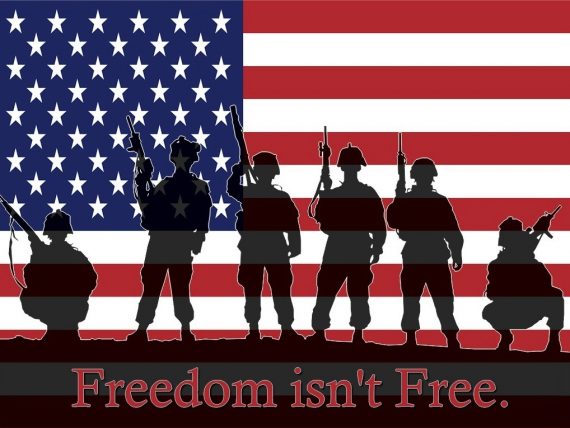





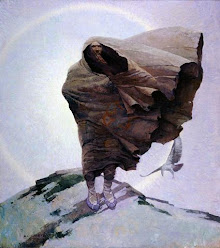













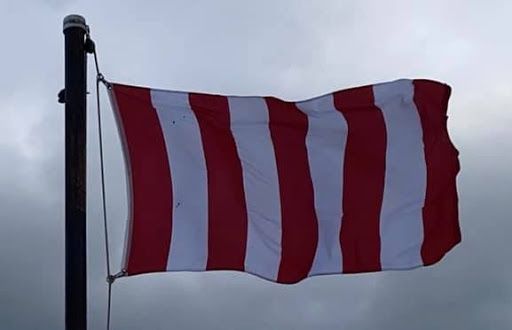
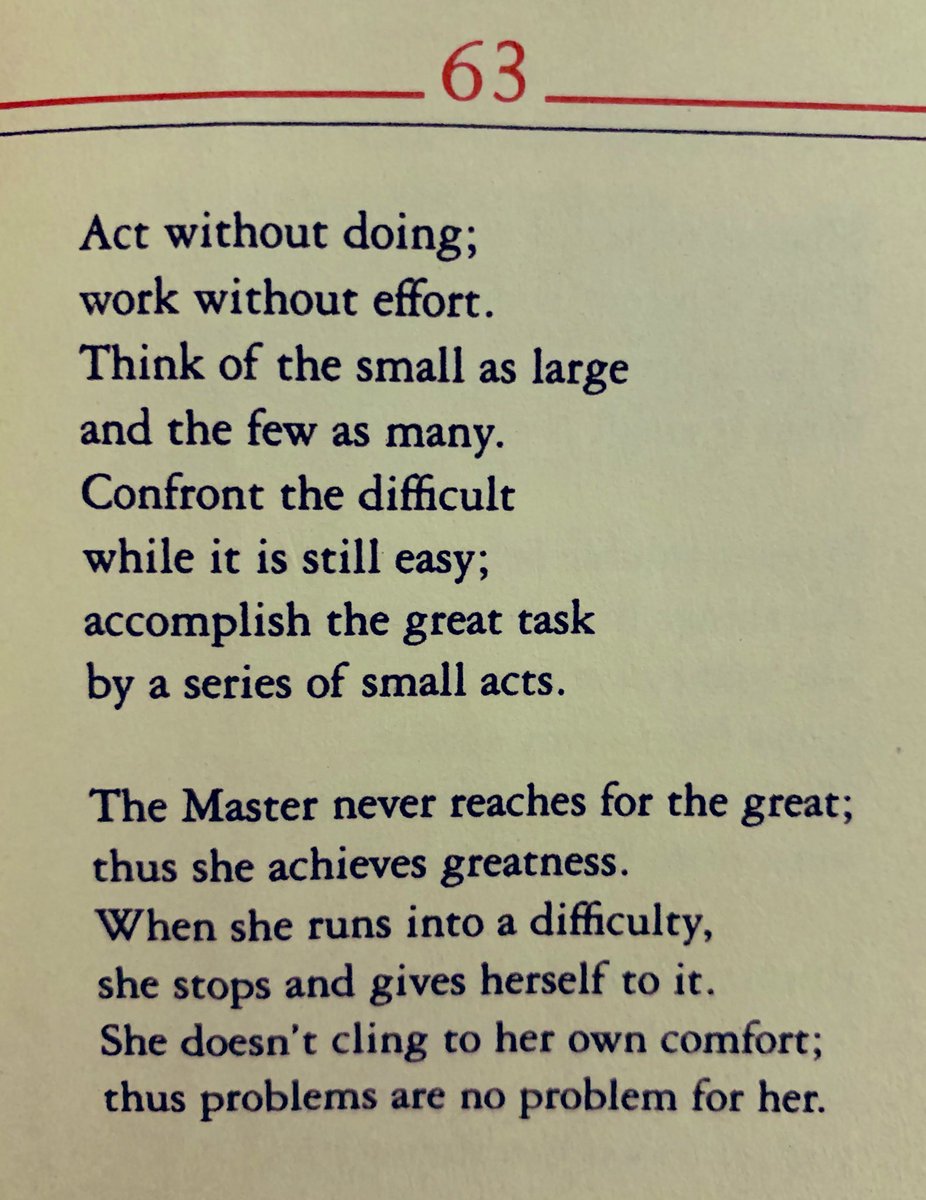















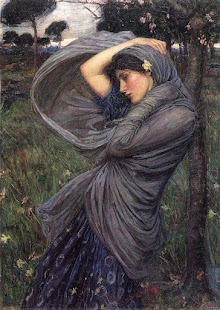












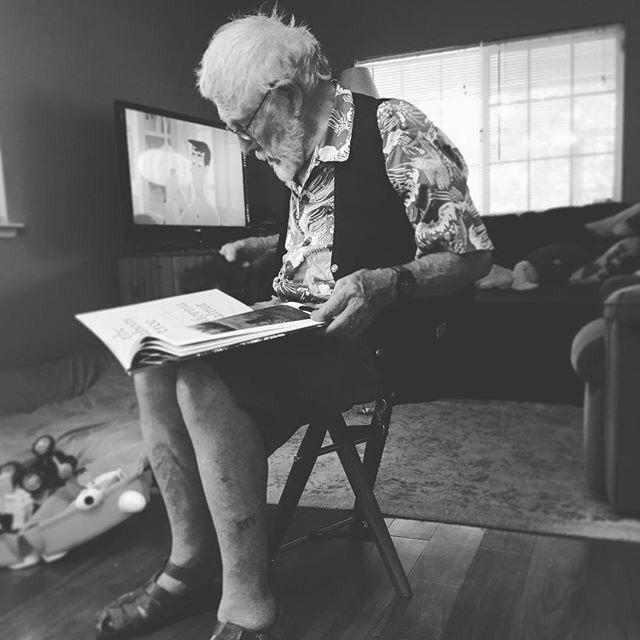

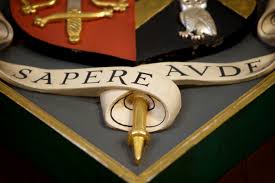


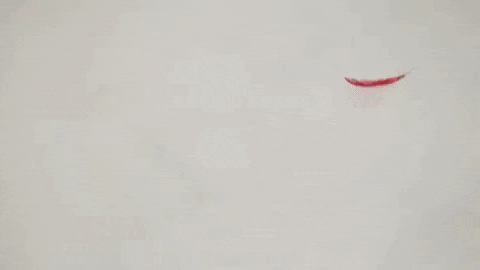



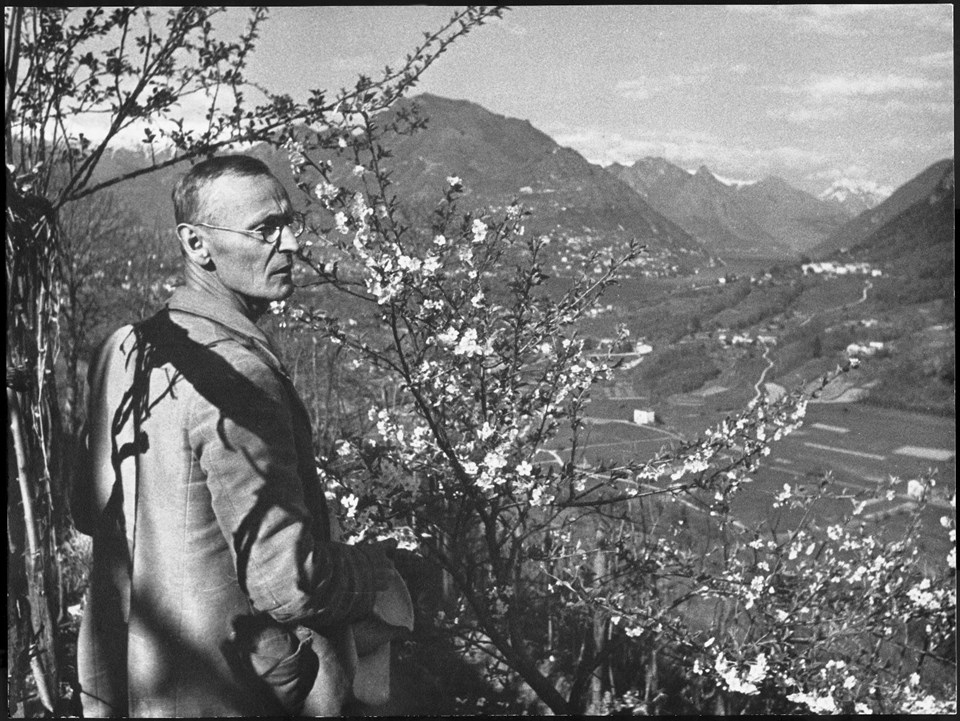


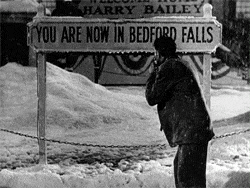







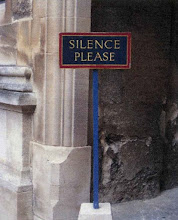









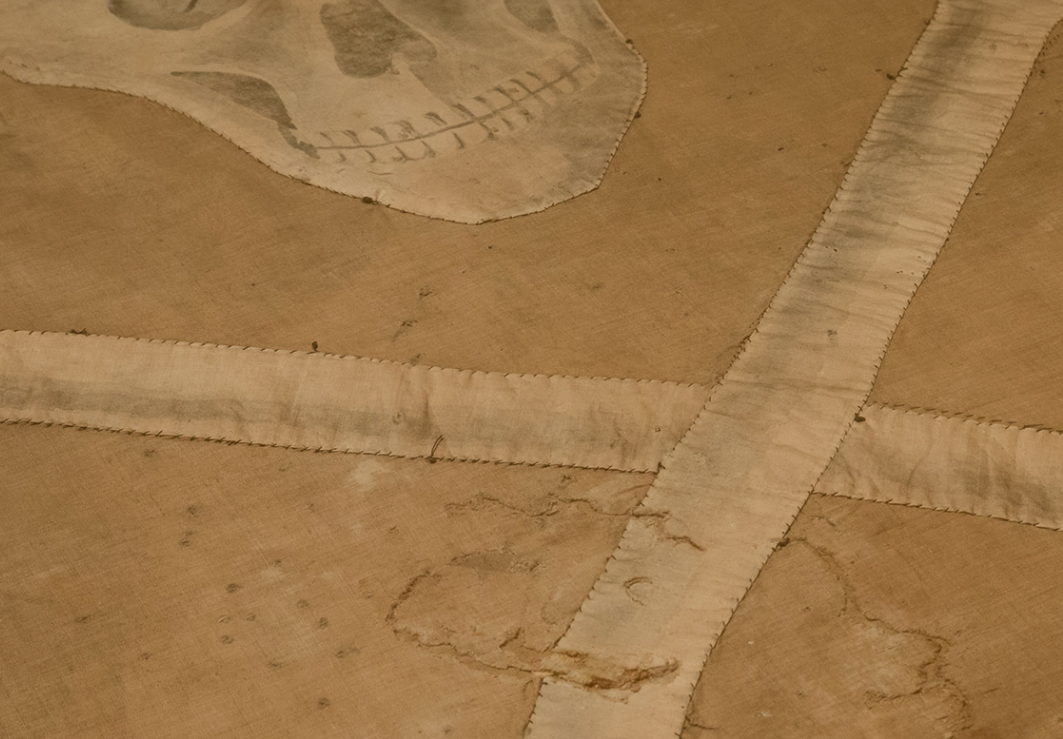

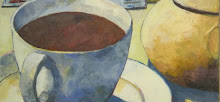
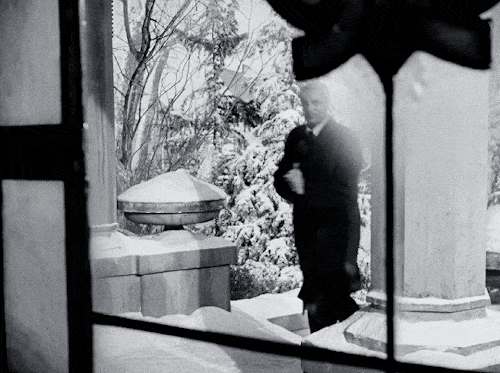
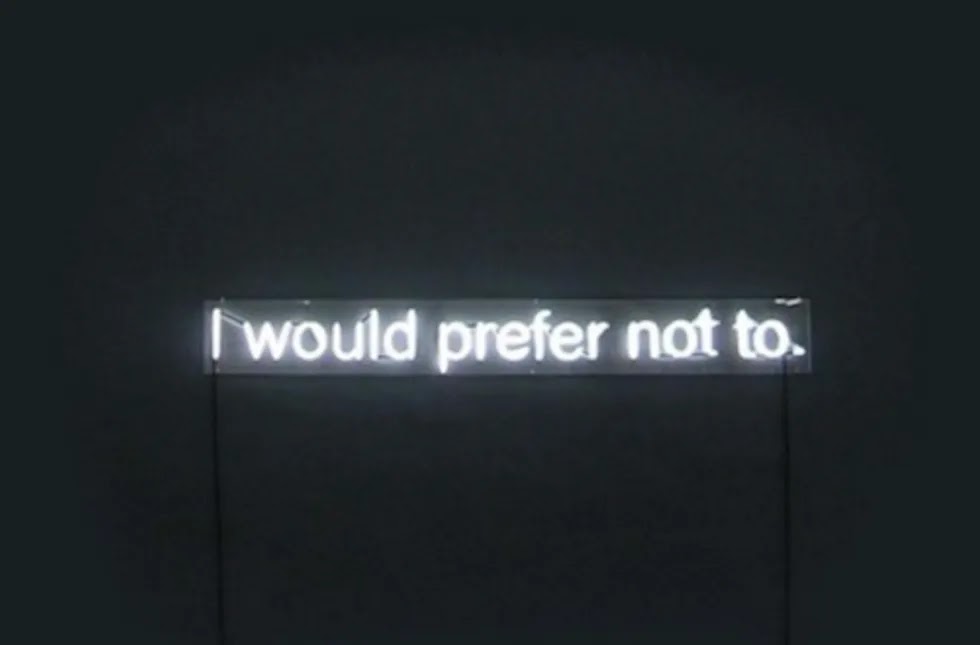

















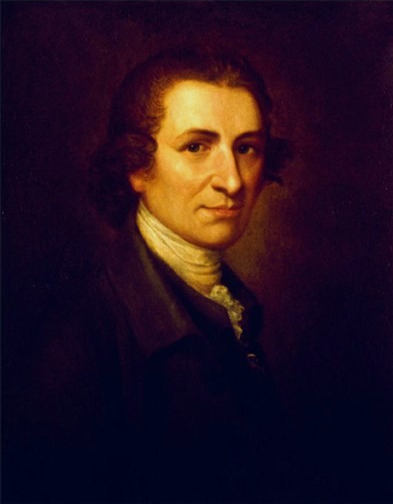


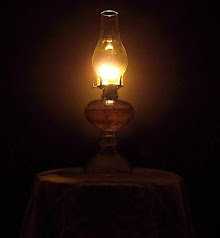







No comments:
Post a Comment